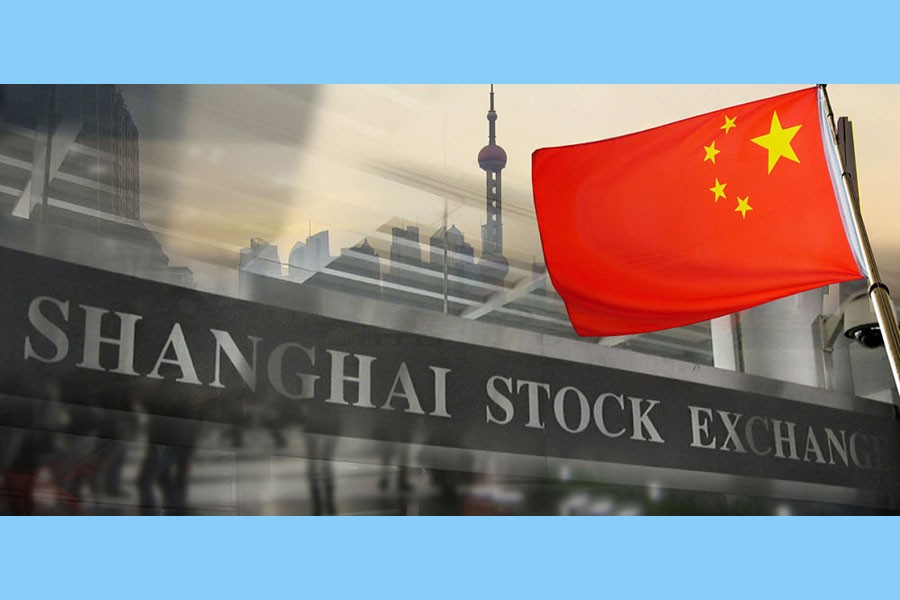German Chancellor Angela Merkel will reportedly visit China from Friday to Saturday with a large delegation of German CEOs. Analysts believe a prime objective of the trip is to ensure that German-Chinese trade relations remain on track.
This is important for Germany under the shadow of the US-launched trade war against China. A steady relationship between Beijing and Berlin is also very important for China and Europe - two major economies in the Eastern and Western worlds - to deal with the upheaval of the world.
China is the European Union's second-largest trading partner behind the US, and the EU is China's biggest trading partner. As the US trade war against China escalates, the international order will be facing greater uncertainties. With Europe economy slowing down, what should they do? Considering the risk that the reckless Trump administration may also launch a trade war against Europe, the answer that Europeans want may lie in cooperating with China.
Some European countries want to form a common European front and take a tough stance on China, as a response to China's increasing competitiveness.
However, to correctly understand the meaning of competition, Europeans should be aware that China's competitiveness is not aimed at overtaking Europe's position in the world, but rather to improve the world order through cooperation and benign competition.
The latest G7 summit that ended without a communiqué in France reflects a hard-to-bridge division within the Western world. The countries known as the traditional center of the West, such as Germany, France and the United Kingdom, should observe their relations with China with a more multifold mind-set.
Before being elected, British Prime Minister Boris Johnson said his government would maintain the UK as "the most open economy in Europe" for Chinese investments, South China Morning Post reported in July.
Amid the upheaval of the world, what Europe needs is a stable and viable system to ensure its development in the long term. And what is needed is "not pure competition, but cooperation among equals," German Foreign Minister Heiko Maas said at the opening of the Business Forum of the 2019 Ambassadors Conference in August.
To improve Europe's competitiveness is not only about competing with China, as Europe would probably not get what it wants by focusing only on China. What Europe should consider is improve cooperation with the world - to provide European options in international cooperation projects - rather than blindly blaming China for stealing the future of Europe.
On the contrary, what China is doing actually provides the future that Europeans want. The China-proposed Belt and Road Initiative (BRI) is not a one-way project. Instead, it bidirectionally links the East and West. The BRI has created a platform and opportunities for the eastern and western hemispheres to enhance cooperation in various fields. Europe has enough means to grab the opportunities. The question is whether Europeans are willing to.
China-Europe relations are related to reshaping the world. How Europe handles its ties with China will reflect on how Europe views its future role and status in the world.


